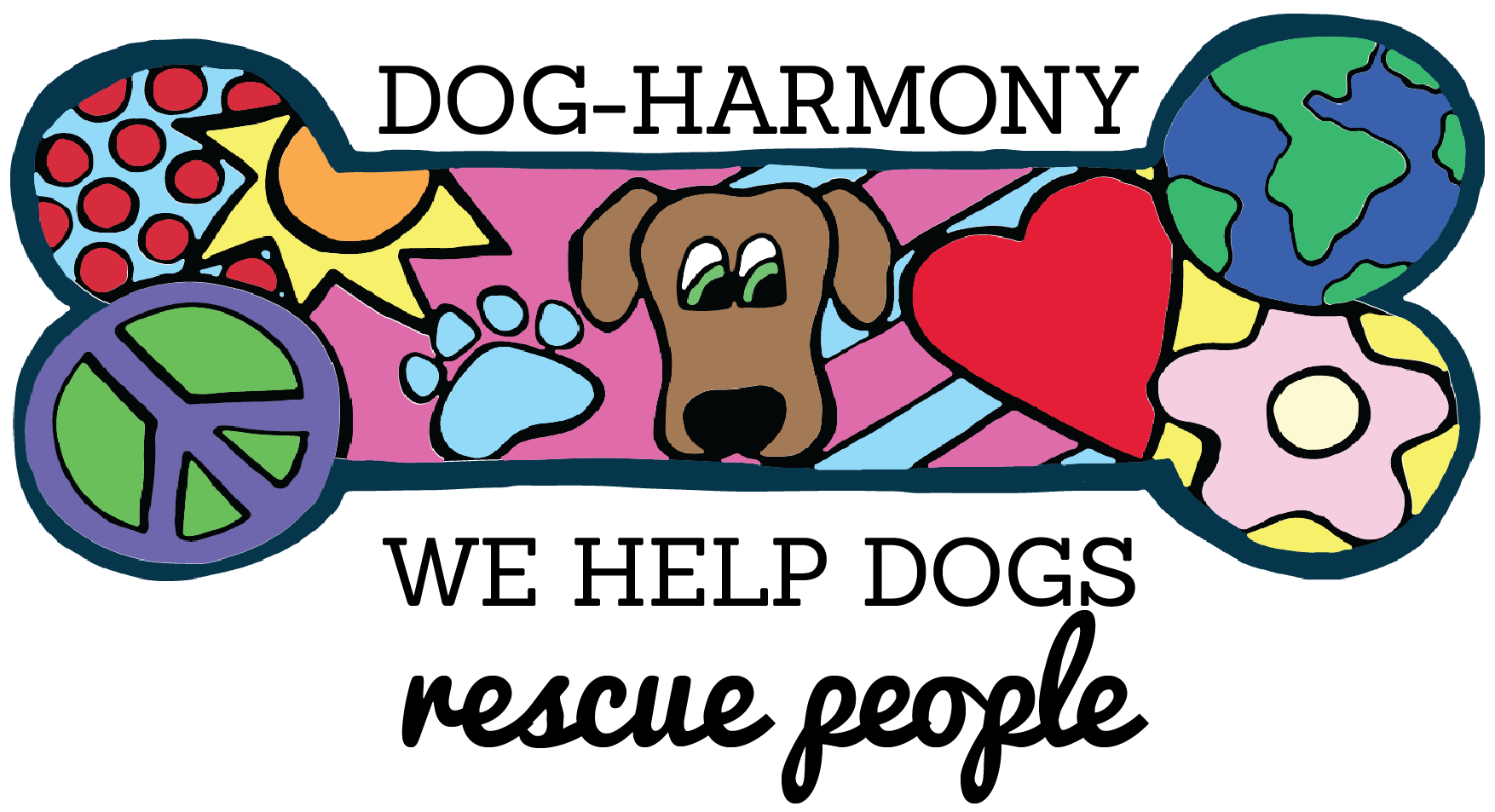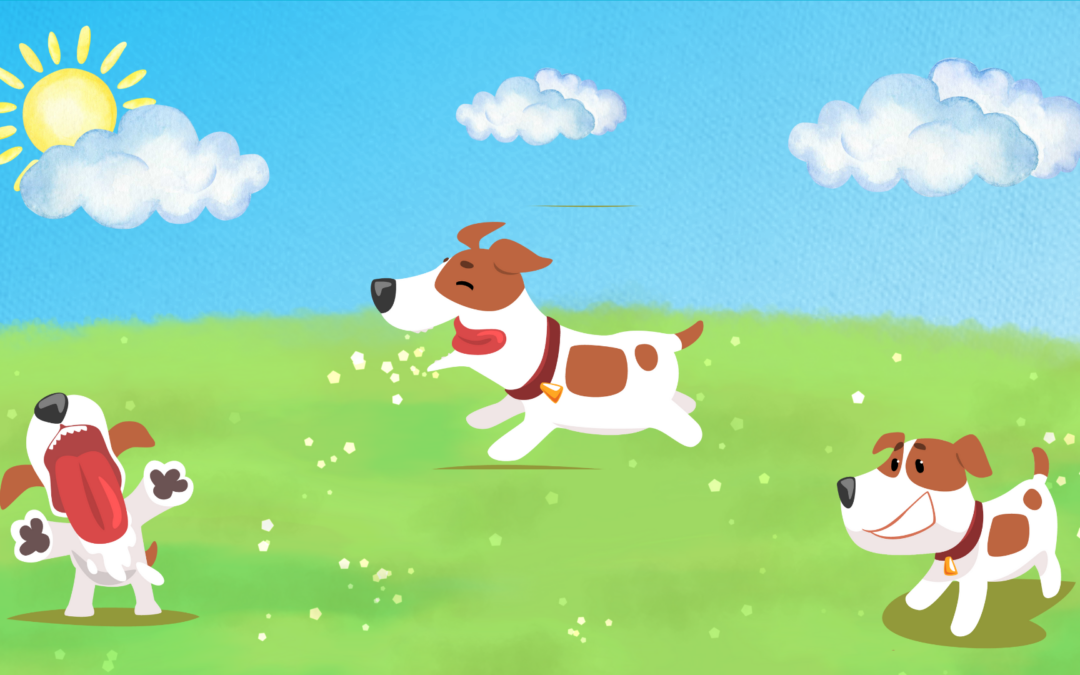Written by Ashley Johnson, KPA-CTP
Most puppies struggle with puppy biting at some point, and while biting is a natural and normal behavior, those little puppy teeth hurt! Calmly and consistently directing puppies to appropriate toys and chews is the most efficient way to curb biting once it begins. However, you can minimize biting overall by meeting their needs and by using smart management to keep them out of trouble while they mature. Follow along with this puppy biting checklist to reduce biting from the get-go.
Physical Exercise
Dogs need a mix of high-stimulation and low-stimulation exercise. High-stimulation exercise like fetch, chase, and play wears their bodies out but can make some puppies overexcited and bitey. Low-stimulation exercises like sniffing walks and hikes fatigue puppies and may result in an extra calm pup. Watch your puppy and check with your vet to know what’s right for your dog.
Mental Exercise
Mental exercise (enrichment) is any activity that helps replace behaviors that dogs would do when left to their own devices. It’s a way to satisfy your pup’s instinctual needs. Common examples include training, sniffing unique smells, searching for treats, gnawing on chews, licking wet food out of a toy, and shredding boxes or toys. Choose safe enrichment for your pup, and they will feel satisfied and ready to relax.
Hungry or Teething
While most dogs are physically ready for two meals a day relatively young, many puppies need a midday snack or chew to keep from getting “hangry.” If your puppy is extra bitey in the afternoon, divide their daily food into three meals instead of two. Puppies can also continue teething after their puppy teeth fall out and their adult teeth come in. Make sure puppies under 1 year old have plenty of yummy or cold chews for teething.
Over-Tired or Over-Aroused
Puppies who fall fast asleep after a big biting episode were likely over-tired and lacked the ability to play nicely. Additionally, when play escalates and becomes too exciting, many dogs will become over-aroused and lose the ability to keep their mouth to themselves. In both cases, help them settle down and rest with some home management. Management options include leashing or tethering away from the family or separating them with a playpen or crate. Be sure to provide them with some enrichment if they aren’t going to fall asleep right away.
Defensive Biting
Occasionally, what we think of as play biting is actually defensive biting where the puppy is trying to get us to stop something. They may want us to stop petting them, stop playing in an uncomfortable way, or stop approaching their prized possession. To reduce these episodes, pay attention to early signs of discomfort like turning away from you or freezing their body. Because this type of biting can get worse without assistance, be sure to contact a certified professional trainer for a training plan. If you work through this checklist and your puppy is still biting, use your home management to keep them out of trouble, and contact your trainer for more personalized help. This information can be found at www.WhatAGreatDog.com/puppy-biting. Remember, while puppy biting is temporary, your relationship with your puppy is lifelong. Enjoy your puppy’s unique personality and watch them learn and mature!
About Ashley Johnson, KPA-CTP
Ashley is the Head Trainer for the Pet Manners program at What A Great Dog! Training Centers. She holds a Bachelor’s Degree in Painting and Drawing from the University of North Texas and is a Karen Pryor Academy Certified Training Partner. She enjoys teaching people and training with her Border Collie Bee.

